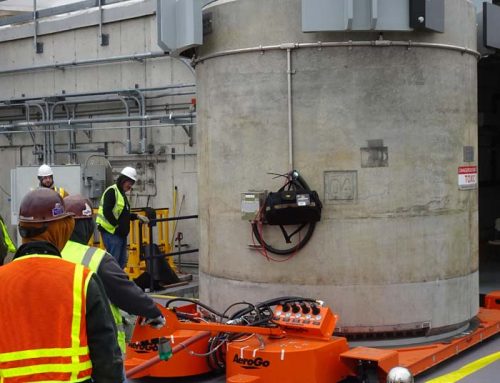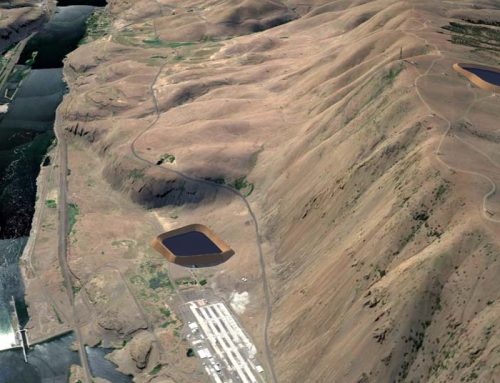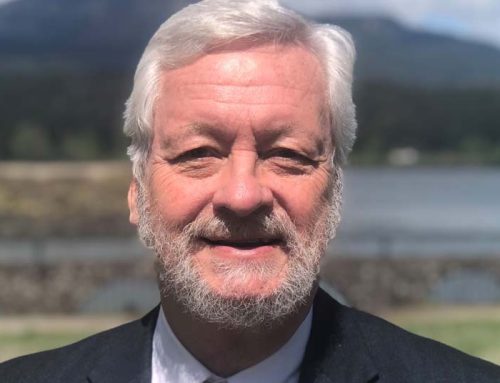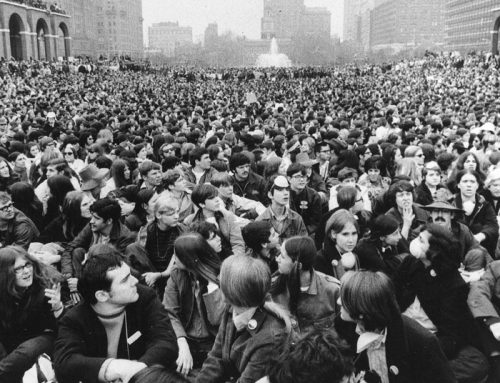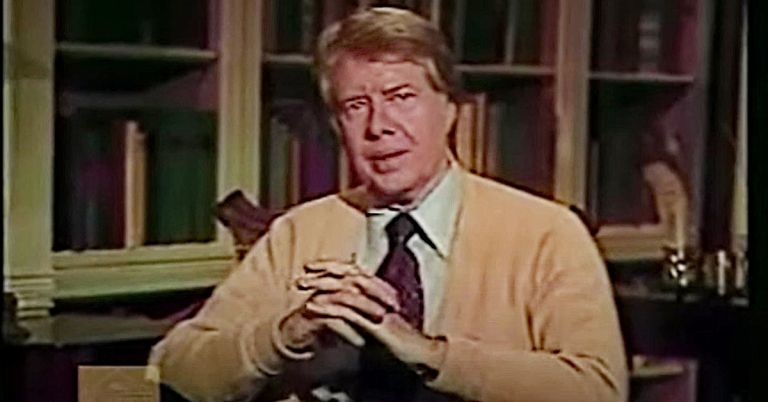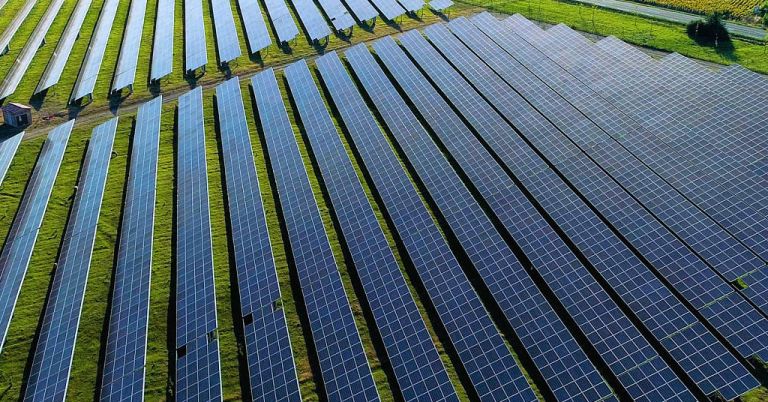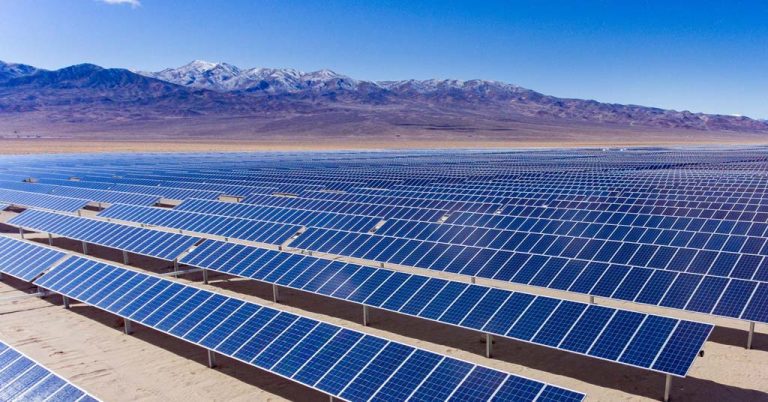By Miko Ruhlen. Apr. 17, 2017. “Investing in your own town instead of the stock market—it feels so much safer somehow,” said Kate McBride. She and a room full of people came to hear Oregon Clean Power Cooperative (OCPC) explain an investment opportunity April 14 at Remedy Juice Cafe.
The OCPC and City of Hood River has secured partial funding for the $72,000 project to put solar panels (30kW) on the Hood River Public Works building roof, but they need investors to provide the remaining $22,000 in funds. The minimum investment per person is $1,000 and there is a 2 percent return rate and a 10-year term. Joining the co-op for $75 is required to participate. Investors must reside in Oregon, but not necessarily Hood River County.

Presenter Dan Orzech on the left, to his right Marla Harvey, Hood River County Energy and Sustainability Coordinator.
If you ever picked stocks, exchange-traded funds, mutual funds for a retirement account or other investment, you probably encountered options for socially responsible investments. These alternatives to traditional Wall Street investments give people a way to invest without contributing to things they don’t believe in such as tobacco, drugs, child labor, or weapons. Green investing is a form of socially responsible investing, where finances are invested in environmentally friendly products or practices.
Rather than investing in publicly traded ‘green’ stocks, or bank CDs, people can keep dollars locally in Oregon by putting their money in community financed renewable energy projects.
“We are really pioneering something here in Oregon and Hood River,” said Dan Orzech, General Manager of Oregon Clean Power Cooperative (OCPC). The co-op model of funding a project with community investors has been used in Canada and parts of Europe, and even Fukushima Japan, but in the United States this will be the first of its kind.
Private investors in renewable energy historically put money into California or East Coast projects, where higher energy prices are higher than the Pacific Northwest. In 2014 a bill, SB1520, passed in the Oregon legislature allowing Oregonians to form cooperatives to finance community renewable energy projects–without the lengthy, complex and expensive process of filing a financial prospectus.
OCPC formed the next year. It has several community solar projects in the works: Hood River Public Works, Mazamas Mountaineering Center in Portland, First Unitarian Church of Portland, and Corvallis High School. More projects are in the discussion phase: in Hood River, Medford, Lakeview, Baker, and Bend. Investors in any of these projects must live in Oregon, but do not need to live within the community that the solar project is located.
City of Hood River Public Works Solar Project
Installing solar panels on the City’s Public Works building is projected to save more than $11,000 in electric costs in the first ten years. In 25 years, it could save $97,000. If financed, it will be installed by local installer Common Energy in partnership with the OCPC. The project, a 30 kilowatt solar array, will allow the Public Works to get more than half its electricity from the sun.

City of Hood River Public Works building
OCPC is seeking investors to purchase preferred stock in the Hood River Public Works solar project: $1,000 minimum increments for a 10 year term and a 2 percent annual return. Investors must pay a $75 co-op membership fee to participate. This is a one-time lifetime membership and allows the member to invest in multiple projects through OCPC.
A $22,000 community investment is needed within a one-year time frame for the project to proceed. Orzech already has a commitment for a third of that and is optimistic that the rest will come through in the next few weeks. If funded quickly, construction could start as early as late May or June.
The full cost of the project is $72,000. In addition to the community investment, Energy Trust of Oregon will grant $16,567. “That money comes from me and you,” said Orzech. “If you look at your energy bill, you’ll see a Public Purpose Charge.”
Common Energy will both install the solar panels and own a portion of the project to cover the remaining $33,433; they will take advantage of the tax credits to help finance it. They will sell it to the city for $2,034 in 10 years—after investors have been paid back. OCPC will take $3,600 in fees for the project to pay for staff time and expenses coordinating the project and the 10 years of bookkeeping. A full disclosure is available on the OCPC website.

Dan Orzech explaining the financial details
“This is not a get rich project for anyone involved. It is something we are all doing because we believe in community solar,” said Orzech. “Like any investment, it is not guaranteed. You could lose your money.” Although he explained that he is not a financial advisor, Orzech believes this project probably has a fairly low risk. “The primary risk would be if the City of Hood River stops paying the loan from OCPC within the next 10 years.”
All investors will be paid back after 10 years. The City of Hood River will own the system outright and continue to reap savings for the life of the panels. Orzech stated that although solar panels now generally are warrantied for 25 years, they have been know to last with some maintenance for up to 60 years. Although the solar panels do not generate 100 percent of the energy needed for the building, they are estimated to produce well over half of the power now used.
[media-credit name=”Photo Courtesy of OCPC” align=”aligncenter” width=”450″] [/media-credit]
[/media-credit]
Benefits of Investing Locally
The savings in electricity for the City of Hood River is projected to be $97,000 over the course of 25 years. Although City Councilor Kate McBride could not comment on exactly where these savings would be allocated, she said some of it would likely be “directed to the highest priority on their list, which for the last three years has been affordable housing.” The priorities for budget are determined during City Council meetings which she encouraged people to participate in.
McBride noted that Mark Lago had another location in mind for a renewable energy project—the Hood River Sewage Treatment Plant which has a high energy bill. If community solar projects enable the city to save money that can be allocated elsewhere “we can do the things we want to instead of paying electricity bills,” said McBride. This is one benefit community members receive from investing locally.
“Oregon sends $12 billion out of state each year to pay for fossil fuels through Pacific Power. Now we can keep some of that money right here at home,” said Orzech. He also noted that by helping this project get off the ground, “investors will help the City harvest clean energy from the sun rather than from coal.”
Energy efficiency standards for the building will be reviewed by Energy Trust of Oregon as part of the process. “You need to conserve first and put panels on second,” said McBride.
More to Come
Although Orzech feels that tax credits for renewable projects are pretty secure at the moment, they are projected to decrease in three years. At that point “it will then be our responsibility,” he said, “at state and local levels to invest in clean tech.” He thinks pioneering this type of project is important model for the future.
“We can do not just solar, but wind, micro hydro, biomass and we hope to do all those things,” said Orzech. “The solar industry employs more people than coal.”
One response from the audience: “I heard that even Arby’s (fast food restaurant) employs more people than coal.”
Times are changing. People are seeking ways to adapt and create greater resilience and sustainability in their communities for the future. If you are interested in learning more about this project, contact Dan Orzech of Oregon Clean Power Cooperative.
Thank you to our EnviroGorge sponsors. Contact us if you are interesting in becoming a business or individual sponsor and help us continue our work!

Paid Advertisement:

